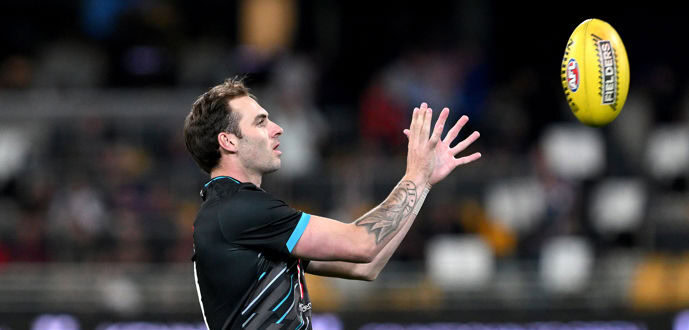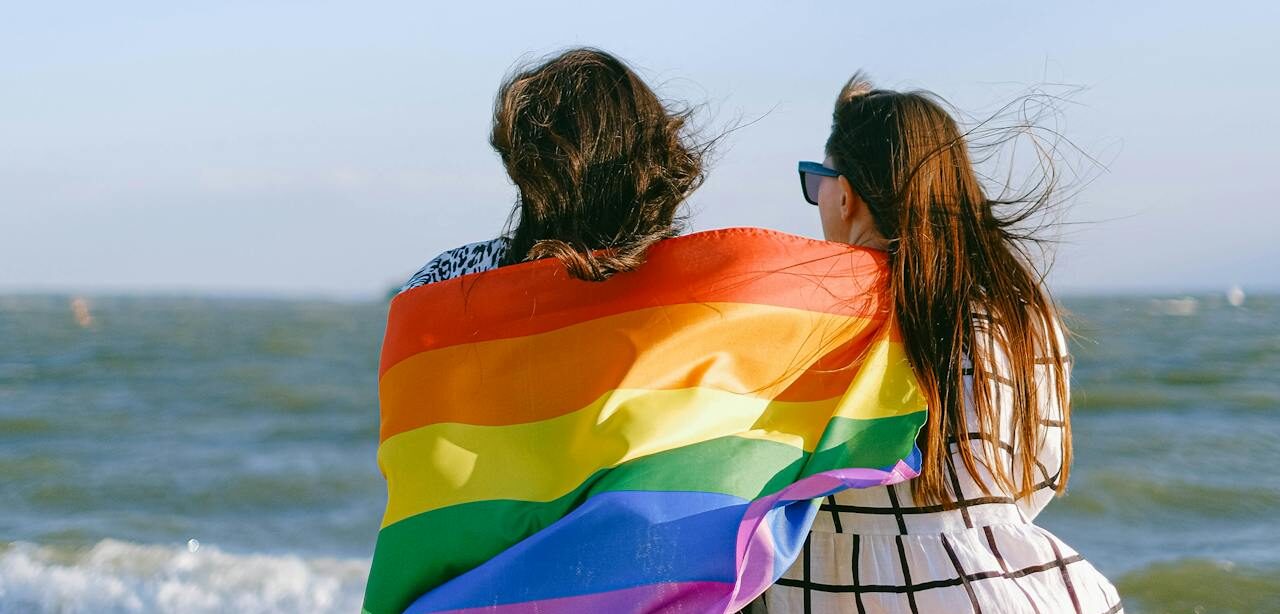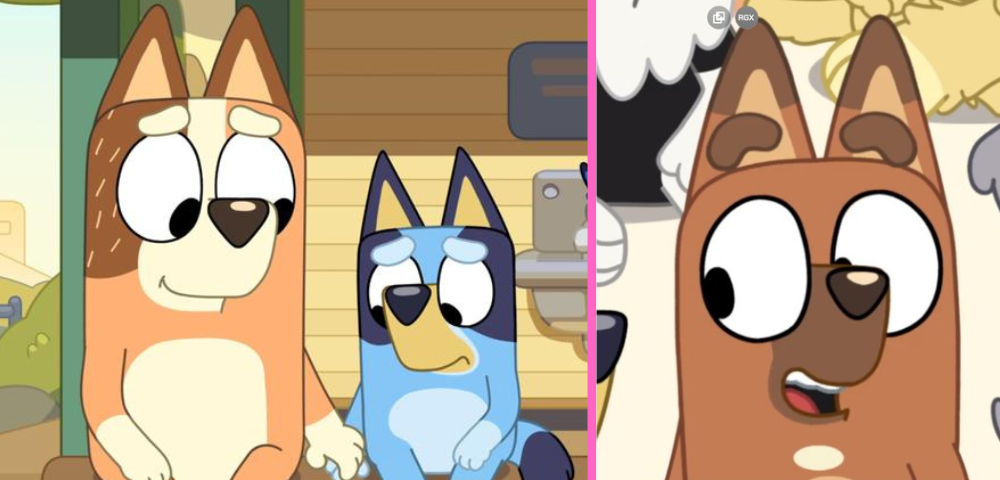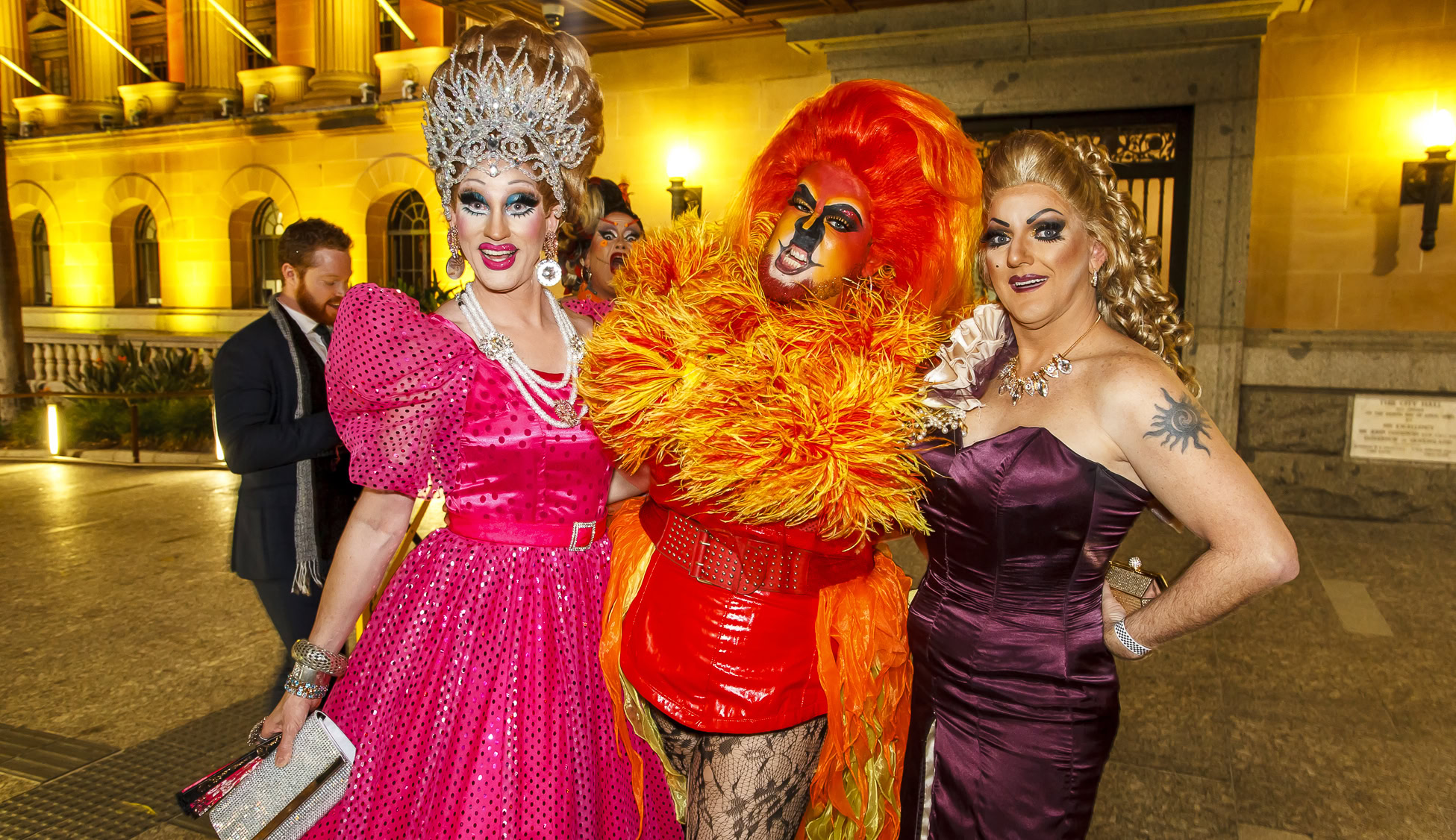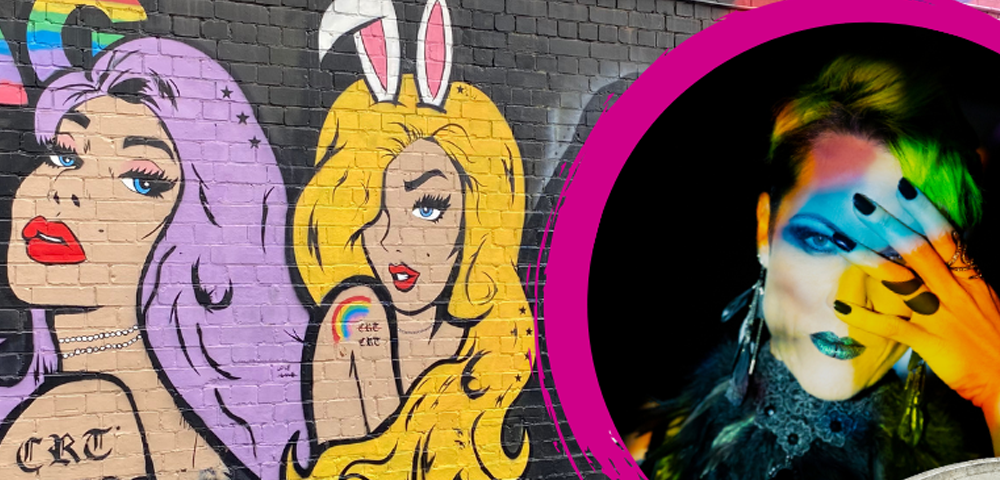
The pink vote: three politicians championing the rights of LGBTI people

Ahead of this month’s federal election, politicians are angling for the pink vote. Jesse Jones spoke with three politicians actively championing the rights of LGBTI people.
***
When Liberal councillor Trent Zimmerman was elected three and a half years ago, he became the first openly gay member of the House of Representatives.
He’s since made it his mission to show LGBTI young people that they can achieve their goals without their identity holding them back.
Now, in the leadup to the federal election, Zimmerman acknowledges the passage of marriage equality legislation as a highlight of the last few years of important issues for LGBTI people in Australia under a Liberal government.
“The other two important things that have happened with the government are the listing of PrEP on the Pharmaceutical Benefits Scheme, and the increased funding that’s been provided to progress against HIV,” he says.
“It’s exciting that we now live in a time when the end of the transmission of HIV is a realistic goal in Australia.”
Zimmerman identifies several areas of priority for the next parliament.
“We will before the end of the year have the Australian Law Reform Commission’s response in relation to religious exemptions for LGBTI students and educational bodies, and it’s important that the government get on with the job of removing discrimination against students that is [allowed under] the current legislation,” he says.
“Secondly, the National Mental Health Plan specifically includes support for LGBTI people, particularly young people, in relation to suicide prevention. I think this is an important priority.
“Thirdly, I think it’s important that Australia continue its work globally to encourage those nations that still discriminate—in some cases incarcerate or execute gay people—to continue our work in the international arena to try and bring an end to such practices. Obviously the proposed changes to the law in Brunei have highlighted the importance of that.”
Tanya Plibersek of the Labor Party agrees that discrimination remains one of the major issues facing LGBTI people in Australia.
Labor have announced a number of policies in relation to the community, including establishing a National LGBTIQ Ministerial Advisory Council, protecting school students and staff from discrimination, a national ban on ‘conversion therapy’, and eradicating remaining legislative discrimination, particularly against trans people.
“For example, the Fair Work Act has no protections for trans and intersex employees,” Plibersek explains.
She also identifies health and ageing as important areas for government to address for the LGBTI community.
“We are proposing a health and inclusion strategy as well to make sure that across smoking and alcohol, mental health, cancer, and a whole range of things, we have a comprehensive health policy,” she says.
But perhaps more than policies and proposals, Plibersek says it’s the government’s track record on LGBTI rights that needs to be looked at.
“The important question at the heart of this election is: do you trust Scott Morrison to look after the interests of LGBTI Australians, or would you prefer to rely on Labor, that has been responsible for pretty much every piece of discriminatory legislation that has been changed in recent years?” she says.
“Without Labor, I don’t think we would have seen the outcome we did in the marriage equality campaign. We didn’t want that campaign, but when the government decided that was going to happen, Labor members turned out in their thousands to campaign on the streets to deliver it.
“The next election is pretty much a choice between Scott Morrison and Bill Shorten, and I reckon I’d back Bill Shorten to back the LGBTI community every time. At the heart of it, I’m prepared to stand our record against the Liberals any day of the week.”
LGBTI representation in government is arguably as important as policy.
Janet Rice from the Greens is the only openly bisexual member of parliament, and one of only a handful of LGBTI politicians. She wants to see more diversity and more involvement of LGBTI people.
“Overall, our parliament doesn’t reflect the diversity of Australians,” she says, and points out there are no openly trans or intersex politicians.
“[We need more] women, people of colour, and LGBTI people.”
Rice promises the Greens would support and resource community organisations to ensure that policy is developed with the input and partnership of LGBTI people, not just on their behalf.
“[The Greens intend] to have a particular focus on a whole range of extra supports that are needed, particularly for trans, bi, and intersex communities—a range of different initiatives to make sure that the issues faced by those communities are addressed,” she says.
The party has pledged to establish a specialist LGBTIQ+ Ministerial Advisory Group, an LGBTIQ+ Human Rights Commissioner, a Trans Advisory Board and an Intersex Advisory Board.
Like Labor, The Greens have promised to outlaw unnecessary surgeries on intersex babies and children. The Greens have also announced they would fund community-led intersex organisations.
Rice says her party’s policies have been developed through consulting with the LGBTI community.
“It was done very much in consultation with the whole range of organisations, looking at the need for support and services and peer support programs,” she says.
Rice acknowledges the need to fight homophobia and transphobia overseas as well as within Australia, and adds that LGBTI refugees are still being subjected to inhumane conditions.
“An estimated 13 gay asylum seekers are being indefinitely detained and tortured on Manus Island, and all asylum seekers should be brought to Australia, but particularly those 13,” she says.
“They can’t settle in Papua New Guinea where homosexuality is illegal. They need to be closing Manus and Nauru and bringing all asylum seekers, but particularly the LGBTIQ ones, to Australia.”
The full sets of LGBTI-related policies from each party are available from their websites.
The federal election will be held on Saturday 18 May.




